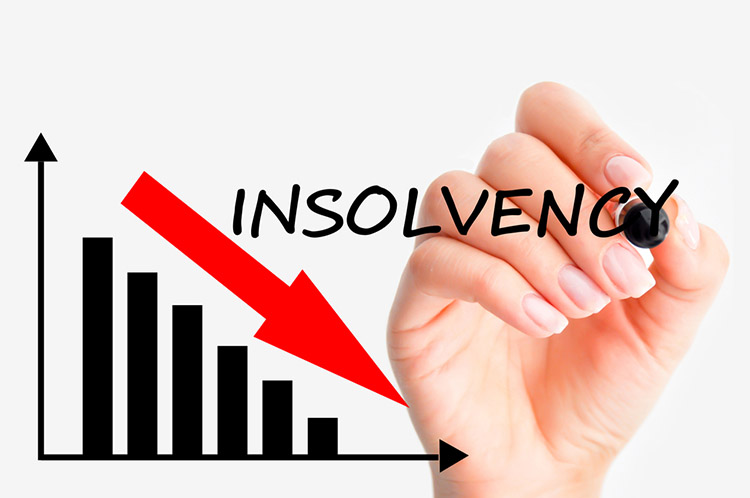Not all businesses succeed in this very harsh world. Some businesses were never meant to succeed due to a bad business model, while some just can’t keep up. Every business is highly competitive, so doing your best may sometimes not be enough to stay afloat. Oftentimes, when a business fails, the main concern of the people in charge is whether the business is solvent or insolvent.
Solvent vs. Insolvent
A business is considered solvent when the total value of the company’s assets is more than the total amount of the company’s liabilities. Therefore, despite the fact the company can no longer continue with their business, they are still able to pay off their debts.
On the other hand, a business is considered insolvent when the total value of the company’s assets cannot cover the value of its debt or liabilities. Therefore, the company does not have the capacity to pay off their debts.
If your company is considered insolvent, then contacting insolvency experts is the best option to help you figure out the most efficient way to solve your financial problem. But first, you have to determine whether your business is insolvent or not.
Here are two ways of testing whether your company is insolvent:
- Cash Flow Test
This test simply assesses whether your company is able to pay debts that are about to fall due, as well as debts that will soon fall due from the cash accumulated from your business, or cash your company has in the bank.
For example, your loan has to be paid every thirty days, but you cannot keep up with the monthly payment. Then that would mean that you have failed the cash flow test.
- Balance Sheet Test
In this test, an independent third-party should take into account and estimate the value of all the company assets as well as the liabilities. If the amount of the assets falls short compared to the liabilities, then the company has failed the balance sheet test.
Failing the balance sheet test means that the company won’t be able to pay off current debts even if all of the company assets are sold off.
After figuring out whether your company is insolvent, then it is highly advised that you cease all transactions and operations. Continuing to do so could entail more legal problems.
Analyzing the results of the tests individually and comparatively is very important in order to make a clear and concise judgement. This is another reason you should ask for the help of a professional who has experience in this field, because failing the first test and passing the other does not mean that your company is in the clear.
Here are more red flags that you should take note of when running your company. Having these red flags will not definitely determine whether your company is insolvent; rather they are clues that should tell you that you need to have your company assessed.
- Continued Losses
A company’s continuous losses from business transactions are often the first step towards insolvency. The company’s financial situation can fall into peril if it will not take action and more losses are incurred.
- Inability To Get Additional Financing From Banks
Banks are very logical when deciding whether or not they should let a company borrow money from them. They base their decisions on facts about your company’s financial situation and the risks they are willing to take. If a bank doesn’t approve your application for financing, then that could be an indicator that your company is too risky, or that it is in financial peril.
- Bouncing Checks
Issuing bouncing checks to creditors often means that your company’s cash flow is not enough to pay your creditors on time.
- Inability To Pay Taxes On Time
Paying taxes is a company responsibility and it should be done on time. When the company is short on cash, the fastest way to scramble for cash is to delay paying taxes. So the inability to pay taxes on time often indicates that the company is scrimping for cash because they are not making enough money.
- Creditors Demanding For COD
Creditors don’t often ask for cash-on-delivery if they trust the debtor’s ability to pay for the debts that are due. Therefore, a creditor asking for COD might mean that the creditor does not believe in the financial stability of the company.
- Legal Problems With Creditors
Creditors demanding payment through legal options is definitely an indicator that you have to have the company assessed for insolvency. When legal problems begin to arise, then that means that the company has been delinquent in paying debts, and its cash flow is not enough.
Failing in business once should not discourage you from starting a new one. Instead, it should be a learning experience that you should remember so that you do not have to deal with it again.






